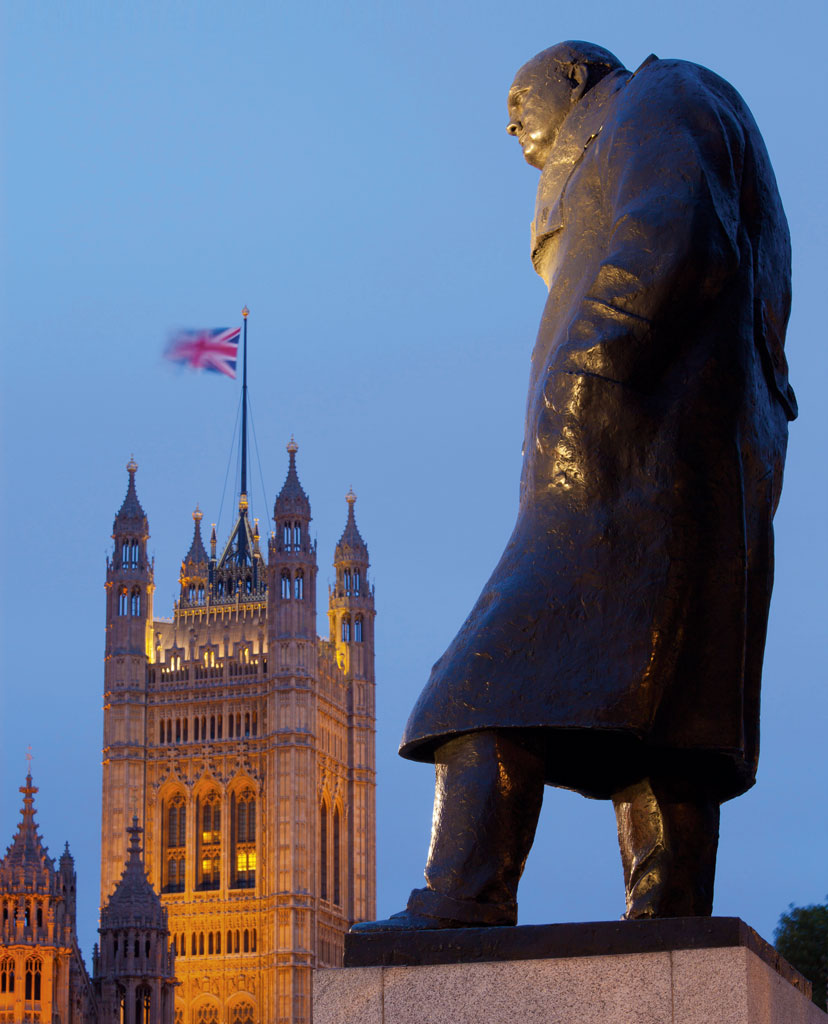
The final say on EU membership is & should be with Parliament, says Geoffrey Bindman QC
The referendum has not been a common feature of British political history and for good reason. It is a blunt instrument. The question it poses has to be simple and broad, but a yes or no response is an unreliable guide to policy on a complex and many-sided topic. The final say on EU membership is and should be with Parliament.
Odd as it may seem to many, the referendum result has no legal effect whatsoever. The European Referendum Act 2015 sets out the terms and conditions on which the referendum took place, but it does not impose any duty on Government or on Parliament to legislate. The Act is completely silent on the consequences of a vote either to leave or to remain.
Only twice previously has there been a referendum of the whole UK. In 1975 there was an overwhelming vote in favour of remaining in the European









